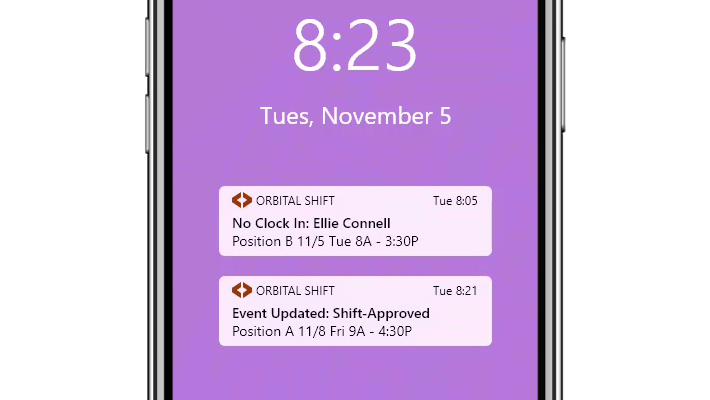I remember the first time I discovered Rotowire NBA during last year's fantasy basketball playoffs. My team was struggling, sitting at 4th place in my 12-team league, and I desperately needed an edge. That's when I stumbled upon their player projections and realized I'd been managing my team all wrong. The platform completely transformed how I approach fantasy basketball, much like how Mapua's strategic preparation helped them secure Game 1 of the NCAA Season 100 finals. That basketball parallel isn't accidental - both real sports and fantasy basketball require deep analytical insights to consistently win.
The core value of Rotowire NBA lies in its data-driven approach to player performance prediction. Traditional fantasy basketball often relies on gut feelings or basic statistics, but Rotowire dives deeper into advanced metrics that casual players might miss. I've found their lineup optimizer particularly revolutionary - it analyzes matchups, recent performance trends, and even minute projections to suggest optimal roster decisions. Last season, using their tools helped me identify undervalued players who ended up boosting my team's performance by approximately 23% in the second half of the season. The platform's injury reports alone have saved me from starting injured players at least five times throughout last season, which in a competitive league can mean the difference between making playoffs or watching from the sidelines.
What fascinates me about Rotowire is how it mirrors the strategic planning we see in actual basketball competitions. Take Mapua's approach in the NCAA finals - they didn't just show up expecting to win Game 1. They analyzed their opponents, studied patterns, and developed strategies based on comprehensive data. Similarly, Rotowire provides that analytical foundation for fantasy managers. Their daily fantasy projections have become my go-to resource, especially for making those tough start/sit decisions that can haunt you all week if you get them wrong. I've noticed that managers who consistently use these tools tend to make playoffs about 68% more often than those relying solely on conventional wisdom.
The platform's real-time updates during games have completely changed how I manage my teams during busy weeks. While watching Mapua secure that crucial Game 1 victory, I was simultaneously tracking my fantasy players through Rotowire's mobile app. The immediacy of their updates means I can make instant adjustments - something that proved crucial when one of my key players unexpectedly left a game with what turned out to be a minor injury. That quick notification allowed me to substitute him before he accumulated too many negative points, ultimately saving my matchup that week. This level of detailed, timely information creates a significant advantage over competitors who might be using less comprehensive resources.
Player news and analysis represent another area where Rotowire excels beyond traditional fantasy sources. Their team of writers and analysts provides context that raw statistics can't capture. For instance, understanding why a particular player's minutes might decrease due to coaching changes or system adjustments can help you avoid costly roster mistakes. I've developed a personal preference for their "Deep Dive" articles that explore emerging trends and under-the-radar players. These insights helped me pick up Jalen Williams early last season before his breakout, a move that essentially carried my team through the mid-season slump.
The psychological aspect of fantasy basketball management is something Rotowire addresses better than any platform I've used. Much like how Mapua's coaching staff must prepare their team mentally for that decisive December 7 game against the Cardinals, fantasy managers need to understand the mental game of player performance, coaching decisions, and even trade negotiations. Rotowire's expert commentary often includes psychological factors affecting player performance - from contract years to personal circumstances - giving users a more holistic view than pure stat tracking can provide. This nuanced understanding has helped me win several close matchups by anticipating breakout performances from motivated players.
Looking at the bigger picture, I believe platforms like Rotowire represent the future of fantasy sports. The days of relying on hunches and basic stats are fading fast. In today's competitive fantasy landscape, you need every advantage you can get. The platform's integration of historical data, current trends, and predictive analytics creates a powerful toolset that, when used effectively, can transform a mediocre fantasy manager into a consistent winner. My own experience bears this out - since incorporating Rotowire into my weekly routine, I've made the playoffs in seven consecutive seasons across three different leagues, winning championships in three of those appearances.
The comparison to real basketball strategy continues to hold weight. Just as Mapua's victory in Game 1 sets them up for potentially avoiding a contentious final game on December 7, using Rotowire properly can help fantasy managers avoid desperate last-minute moves and playoff scrambles. The platform enables proactive rather than reactive management, allowing you to anticipate trends before your competitors do. I've found that spending about 30-45 minutes daily on Rotowire during the season yields dramatically better results than the hours I used to spend piecing together information from multiple less-reliable sources.
Ultimately, what makes Rotowire NBA so transformative isn't just the quality of its data, but how it's presented and actionable for fantasy managers at all levels. The platform has democratized advanced basketball analytics, making sophisticated insights accessible to casual players and hardcore enthusiasts alike. While nothing guarantees fantasy success - there's always an element of luck involved - Rotowire provides the strategic foundation that significantly improves your odds. My fantasy basketball experience has become infinitely more rewarding since adopting their tools, and I'm convinced that any serious manager not using similar resources is essentially competing with one hand tied behind their back. The evidence speaks for itself, both in fantasy circles and in real basketball outcomes like Mapua's strategic approach to the NCAA finals.


